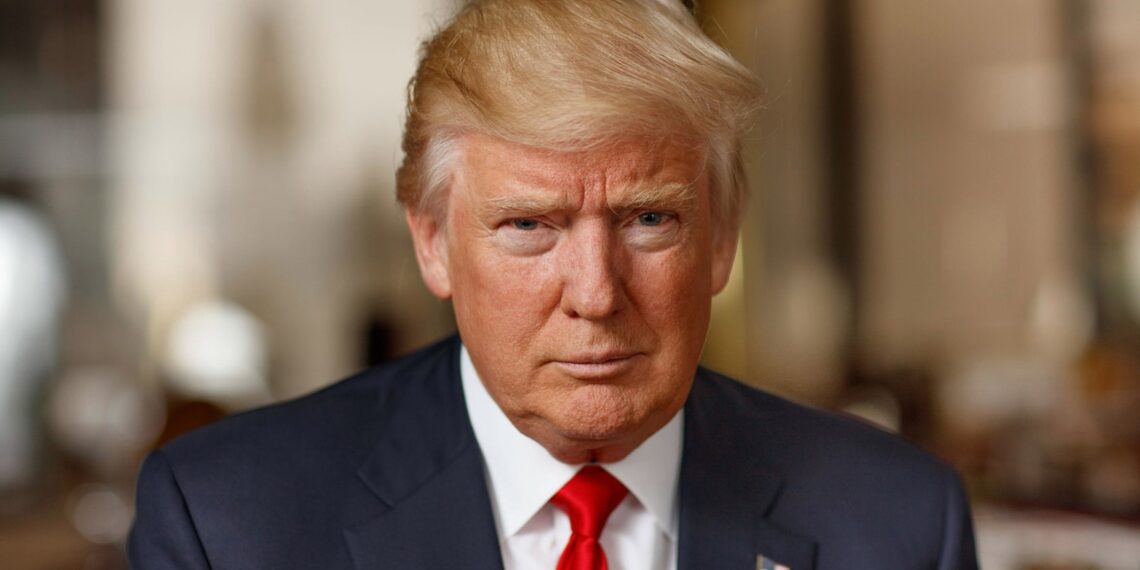Tensions between Harvard University and U.S. President Donald Trump intensified as the president threatened to revoke the institution’s tax-exempt status over its refusal to comply with federal directives.
The clash follows the administration’s decision to freeze $2.2 billion in federal funding, citing Harvard’s rejection of policy demands aimed at reshaping its governance and civil rights practices.
In a post on Truth Social, Trump stated that Harvard “should lose its Tax Exempt Status and be Taxed as a Political Entity” unless it agreed to his administration’s conditions, including changes to admissions policies and faculty governance.
He asserted that tax-exempt status is “totally contingent on acting in the PUBLIC INTEREST.”
The demands, outlined in early April, included the dissolution of Diversity, Equity, and Inclusion (DEI) offices, cooperation with immigration authorities in screening international students, and a re-evaluation of hiring and admissions processes.
The Trump administration escalated the standoff last Friday, issuing additional requirements such as an audit of political views among students and faculty.
Harvard publicly rejected the terms in a letter signed by President Alan Garber, reaffirming the university’s independence.
“We will not negotiate over our independence or constitutional rights,” Garber wrote. “No government should control what a private university teaches or whom it hires and admits.”
In response, the administration’s Joint Task Force to Combat Anti-Semitism announced the suspension of federal grants and halted $60 million in ongoing contracts.
The task force criticised Harvard’s stance, describing it as reflective of a “mindset of entitlement.”
ALSO READ: Guwahati’s blanket ban on recreational events raises equity concerns
The controversy arises against the backdrop of heightened tensions on U.S. campuses, fuelled by protests related to the ongoing Hamas-Israel conflict in Gaza.
Demonstrations have drawn criticism from Trump and Republican lawmakers, who accuse student protesters of endorsing Hamas, designated as a terrorist organization by the U.S. government.
As the dispute unfolds, it highlights a broader debate over the role of federal oversight in higher education and the balance between academic independence and public accountability.















